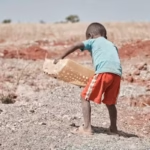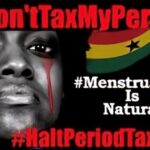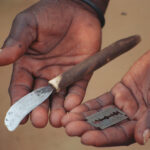In Ghana, many girls face the harsh reality of period poverty, a silent crisis that forces them to choose between their education and their menstrual health. When schools lack adequate menstrual products, girls often miss classes, leading to increased dropout rates and limiting their future opportunities. The implications of this issue extend beyond education; they impact the health, dignity, and empowerment of young girls.

The Urgency of the Issue
Every month, thousands of Ghanaian girls are left without the necessary menstrual products, compelling them to use unsafe alternatives or miss school altogether. According to a UNICEF report, about 95% of girls in rural communities in Ghana miss around 20% of their school hours due to a lack of access to sanitary pads. The stigma surrounding menstruation often silences conversations, leaving many girls without the support they need. This situation not only jeopardizes their academic performance but also affects their self-esteem and overall well-being.
During one of our outreaches in the Volta region, a young girl personally came to me and confided that she had never used a sanitary pad in her life because she couldn’t afford one. She expressed her overwhelming excitement and gratitude for receiving pads for the very first time. Her story, unfortunately, mirrors the experience of many girls in Ghana, whose education and dignity are compromised due to lack of access to basic menstrual products.
WOLF’s Commitment to Change
At the Women of Legacy Foundation (WOLF), we are committed to transforming the narrative around period poverty in Ghana. Our Padventure Initiative aims to ensure that every girl in school has access to safe and free menstrual products, helping them maintain their dignity and continue their education uninterrupted.
Through our gender and development advocacy and education program, we raise awareness about menstrual health and hygiene, educating communities on the importance of supporting girls during their periods. We believe that access to menstrual products is a fundamental right, not a privilege, and we are dedicated to advocating for free menstrual products in schools across Ghana.
Our Smiles on the Street Initiative also tackles the intersection of period poverty and homelessness, ensuring that girls living on the streets or in vulnerable conditions have access to sanitary products. We offer not only material support but also a sense of dignity, hope, and empowerment.
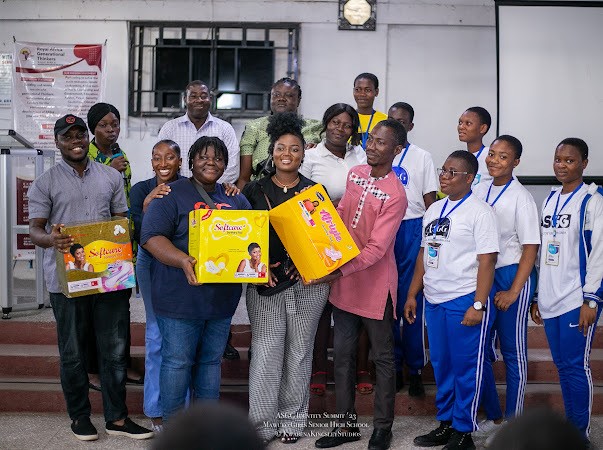
Recommendations for Combatting Period Poverty
To effectively address period poverty in Ghana, the following recommendations are crucial:
- Government Policy and Support: Advocate for the implementation of policies that mandate the provision of free menstrual products in schools. The government should allocate resources to ensure that all schools are equipped with necessary supplies.
- Community Awareness Campaigns: Launch community-based awareness programs to destigmatize menstruation and promote menstrual health education. Engaging parents, teachers, and students in these discussions is vital for creating a supportive environment.
- Partnerships with NGOs: Collaborate with non-governmental organizations and local businesses to secure funding and resources for distributing menstrual products. Collective efforts can amplify the impact of initiatives aimed at ending period poverty.
- Training for Teachers and School Staff: Provide training for teachers and school staff on menstrual health management, enabling them to support students effectively and foster a culture of understanding within schools.
- Monitoring and Evaluation: Establish systems for monitoring and evaluating the effectiveness of programs aimed at providing menstrual products and education. This data will be essential for refining strategies and demonstrating the impact of initiatives.
- Empowering Girls: Involve girls in advocacy efforts, giving them a voice in discussions about their needs and rights. This empowerment will foster leadership skills and encourage them to advocate for their peers.
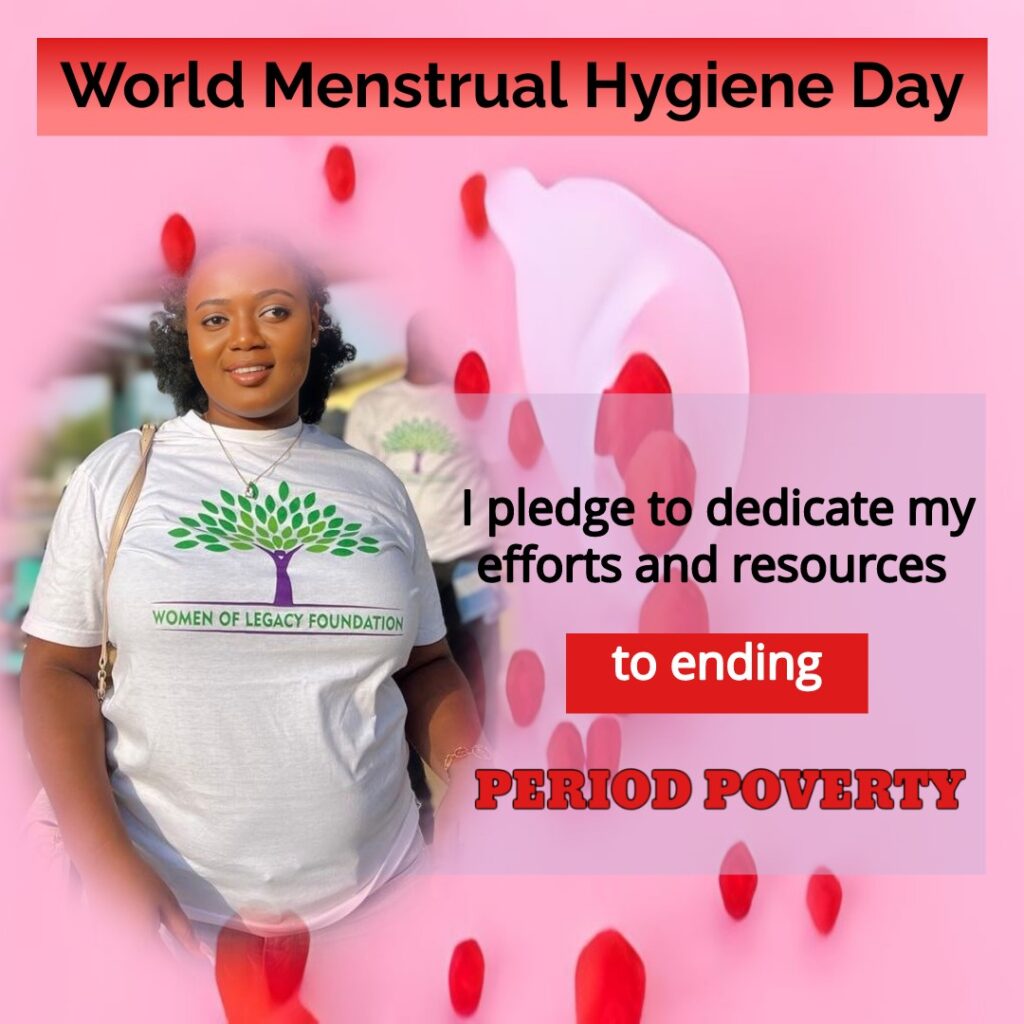
Read Also: Safeguarding Our Future: Addressing Child Labor In Ghana
A Call to Action
As we strive to end period poverty in Ghana, providing free menstrual products in schools is a vital step toward ensuring that every girl can attend school without the fear of embarrassment or health risks associated with menstruation. Access to these essential supplies is not just a matter of hygiene; it is a fundamental right that empowers girls to pursue their education and dreams without interruption.
By advocating for this change, we can break down barriers to education and create a future where every girl has the dignity, support, and opportunities she deserves. Let us come together to champion this cause, ensuring that menstrual health is recognized as a crucial component of gender equality and education in Ghana.
